Keywords: We Are The World
There are more than 200 results, only the first 200 are displayed here.
-
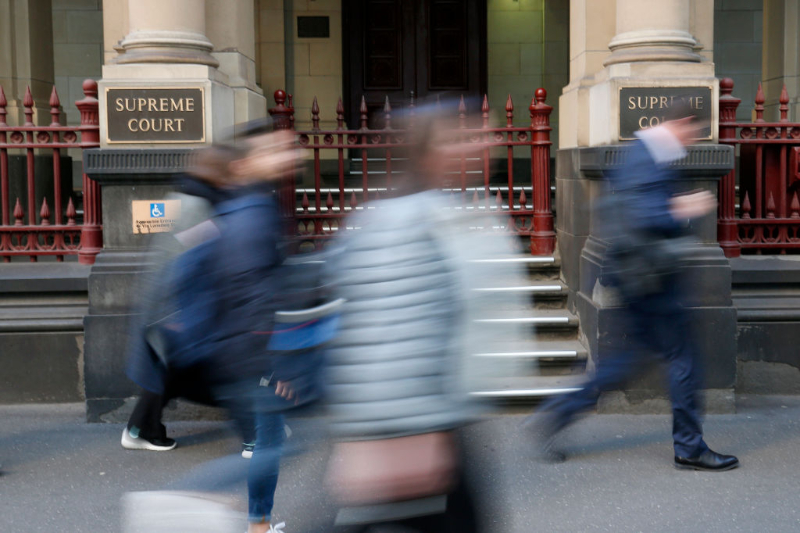
AUSTRALIA
- Rebecca Dominguez
- 02 August 2021
4 Comments
Last month, a man and a woman were sentenced to between six and eight years in jail for intentionally possessing and exercising the right of ownership over a slave between 2007 and 2015 in Mount Waverley, Victoria. After arriving in Australia from the Tamil Nadu province in India on a 30-day tourist visa, the woman’s passport was taken from her and she was forced to cook, clean and care for the couple’s three children on an average $3 per day.
READ MORE 
-
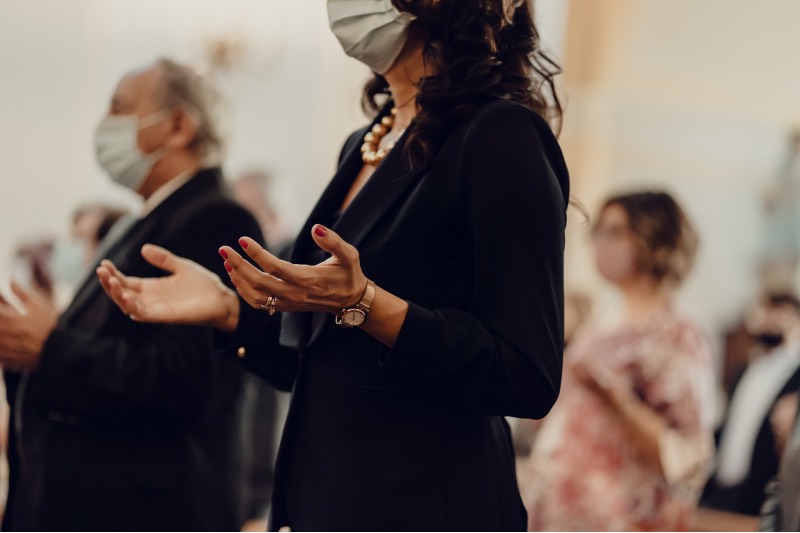
RELIGION
- John Warhurst
- 20 July 2021
70 Comments
The Plenary Council First Assembly is only two months away, but uncertainty still remains about the role that its 282 members will play. Not just about what work they will do but what conception of the role they will bring or will be imposed upon them by the authorities.
READ MORE 
-
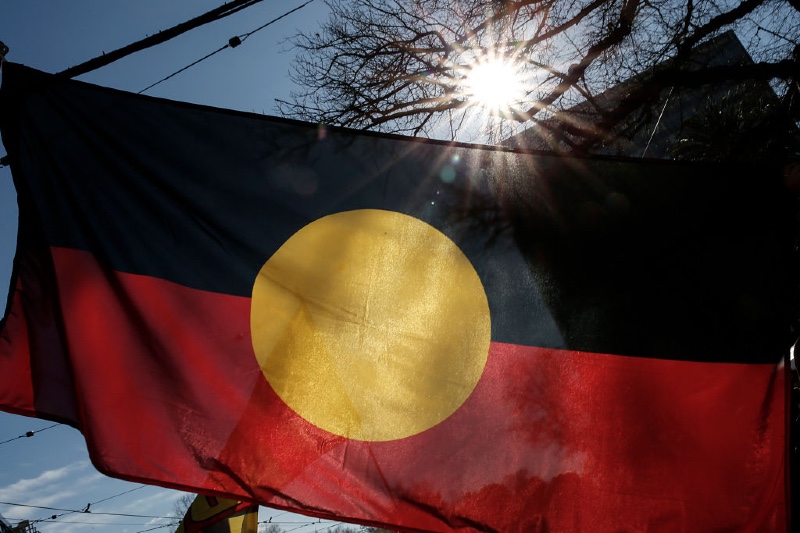
FAITH DOING JUSTICE
But it is possible the members of the Plenary could begin to hear a deeper voice speaking in their hearts. There may arise a new courage to start a process of truth and reconciliation, reporting the process of this journey to the second Plenary Council planned for Sydney, July 2022. We can only begin that journey if members of the Plenary Council come and are open to listening to that deep inner voice.
READ MORE
-
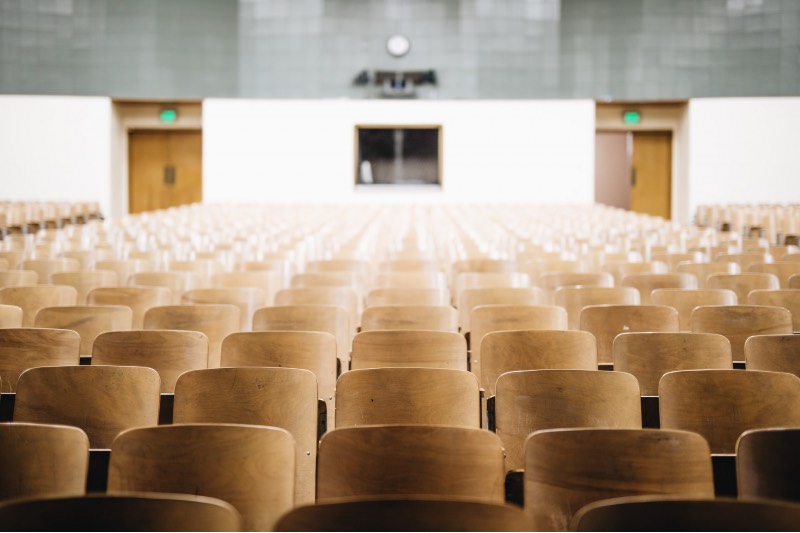
EDUCATION
The tertiary level is designed to promote change and innovation. If there is no tertiary level, there is no growth in our understanding of global religious systems, and no emerging individuals who possess critical thinking skills and historical knowledge of these systems. Without these individuals, there’s a risk that religious institutions will become more insular, regressive, disconnected and, most disastrously, unchecked.
READ MORE 
-

ARTS AND CULTURE
- Rory Harris, Grant Fraser, Lyn McCredden, Jamie Dawe
- 08 June 2021
2 Comments
Into the sky, black and blue visitation by which we are blessed, or warned. Screaming like lovers en route, regal, snapping for nuts and dominance in the clattering trees.
READ MORE 
-

AUSTRALIA
- Margaret Somerville
- 03 June 2021
9 Comments
No one on either side of the debate wants to see people suffer and the euthanasia debate is not about if we will die — we all will at some point. The debate is about how we will die and whether some ways of dying, namely euthanasia, are unethical and dangerous, especially to vulnerable and fragile people, and destructive of important shared values on which we base our societies.
READ MORE
-
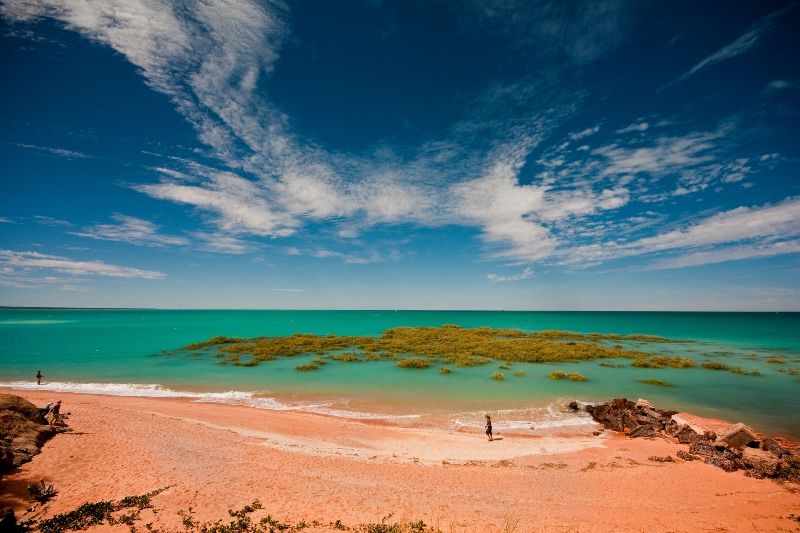
AUSTRALIA
- Catherine Marshall
- 27 May 2021
1 Comment
The emptiness is dispelled as I pull into Broome, a frontier city located on Western Australia’s Kimberley coast. The city centre, currently undergoing a major revamp, buzzes with pedestrians. Restaurants require booking. Down on Cable Beach, cameleers are lining up their charges for sunset rides and road-trippers are driving onto the wet sand and setting up camping chairs and cracking beers as they settle in for the show of a lifetime.
READ MORE 
-
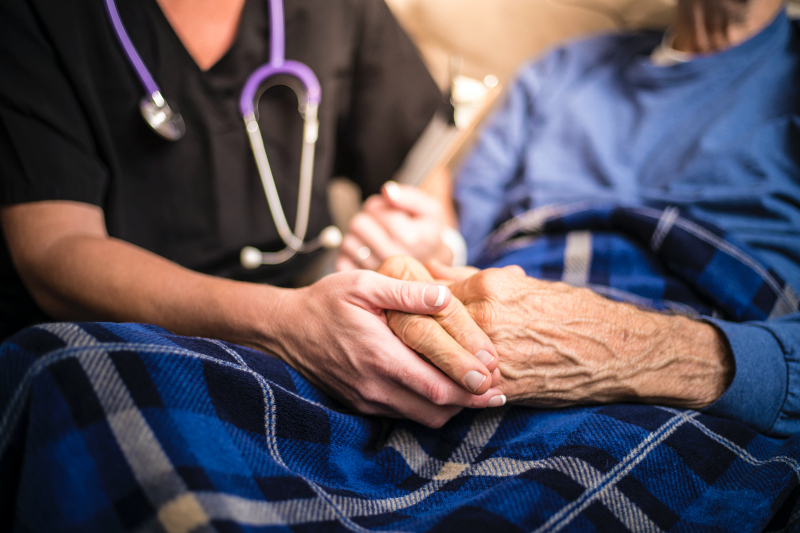
AUSTRALIA
- Annmarie Hosie
- 25 May 2021
27 Comments
Peace, laughter and lightness during dying might seem unlikely, but such experiences are common, not rare. Seeing and sharing in these sudden, strengthening consolations (and receiving them in my own griefs) have taught me about our awesome potential to transcend suffering, and confirmed why we don’t need euthanasia or assisted suicide.
READ MORE 
-

INTERNATIONAL
- Andrew Hamilton
- 13 May 2021
10 Comments
There are larger and unchanging questions about why we communicate and about the effect of our communications on the way we live. World Communications Day is an opportunity to think about these basic questions.
READ MORE 
-

INTERNATIONAL
- John Watkins
- 20 April 2021
6 Comments
The stark differences between Australia and Papua New Guinea during this crisis are a reminder of how far we still have to go to make sure that all humans, no matter where they’re born, have access to decent healthcare.
READ MORE 
-
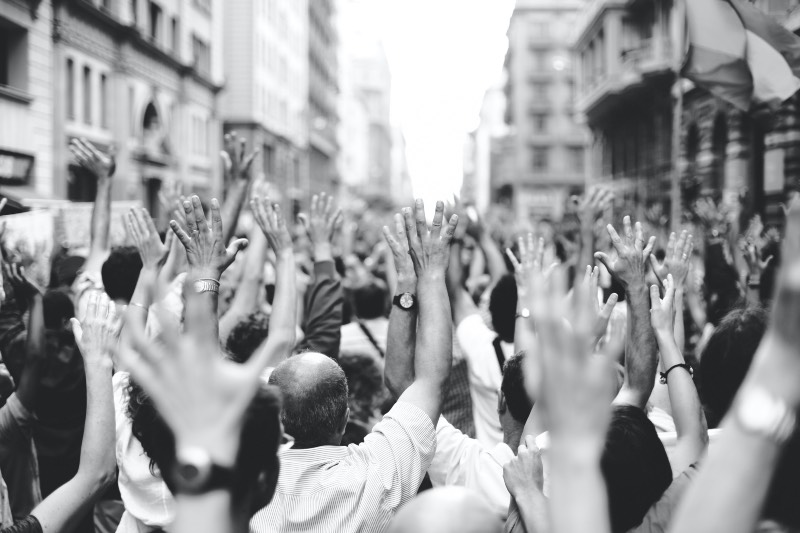
INTERNATIONAL
- Andrew Hamilton
- 15 April 2021
4 Comments
The parallels with our own times of the events of Black Friday in 1921, with its movement from a time of heavy social spending and the flowering of social capital to a time of recovery, and the fateful choices that are made at such times, are evident. We await the results of the economic choices being made by government and their effects on community and solidarity.
READ MORE 
-
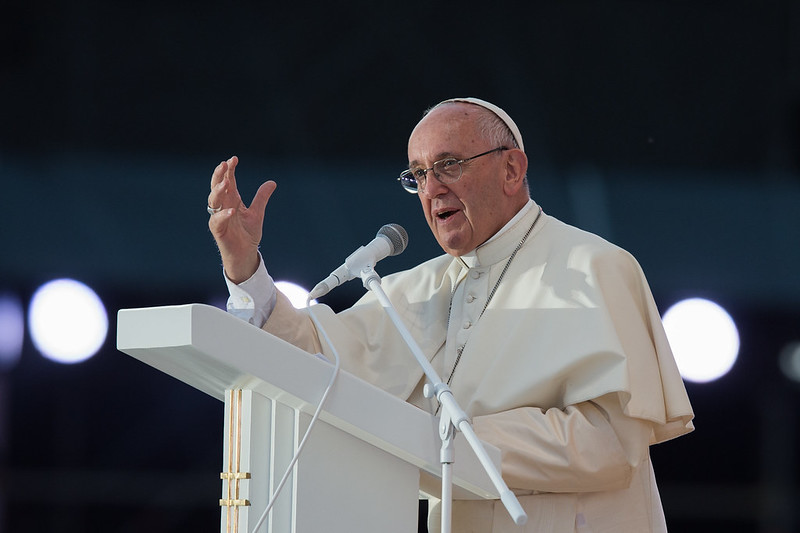
ENVIRONMENT
- Stephen Minas
- 13 April 2021
2 Comments
On 30 March, the Holy See engaged with an important aspect of displacement with the publication of its ‘Pastoral Orientations on Climate Displaced People’. The intersection between climate change and human displacement is a still emerging area of concern. Nevertheless, we know that climate change is already a factor in various forms of human mobility.
READ MORE 